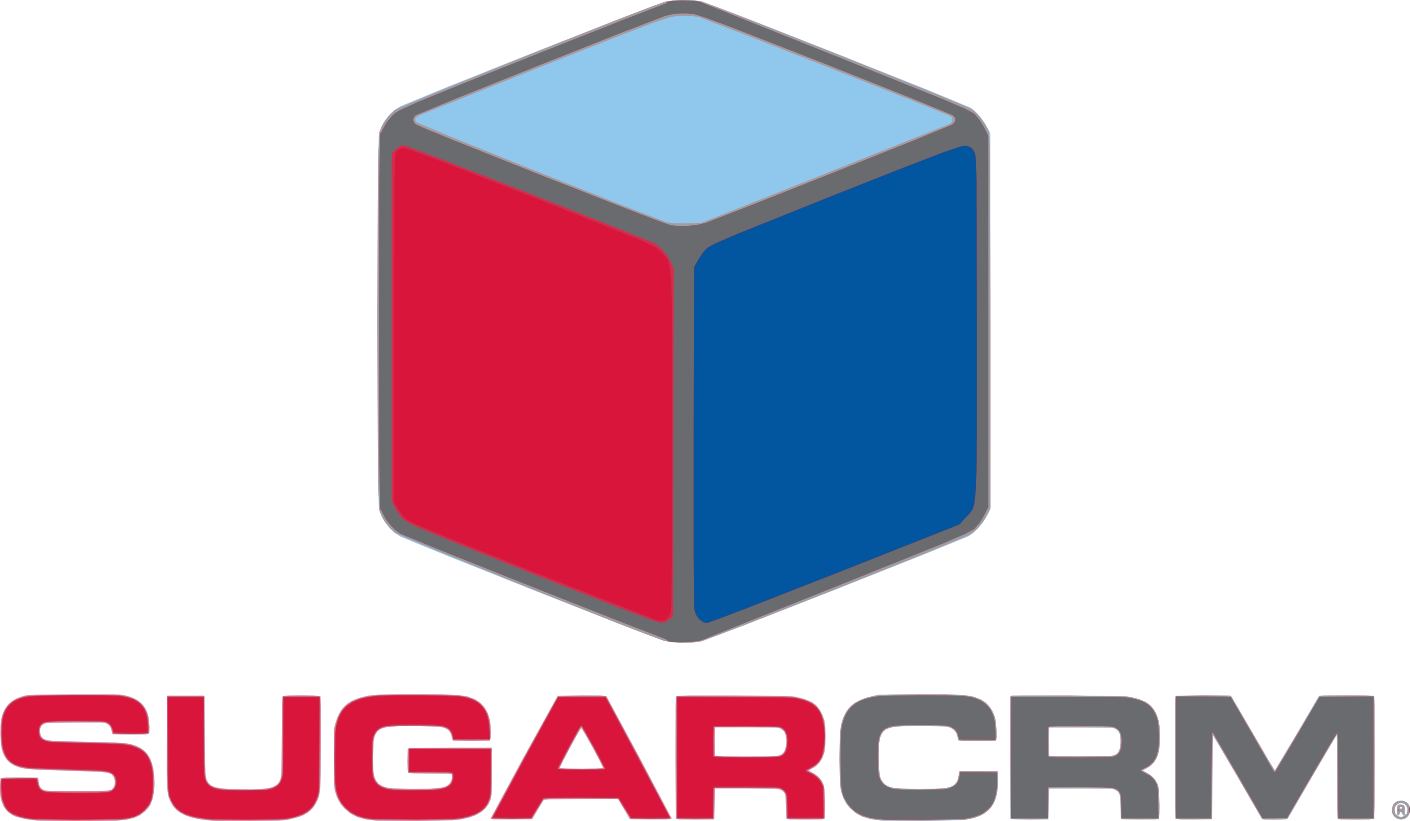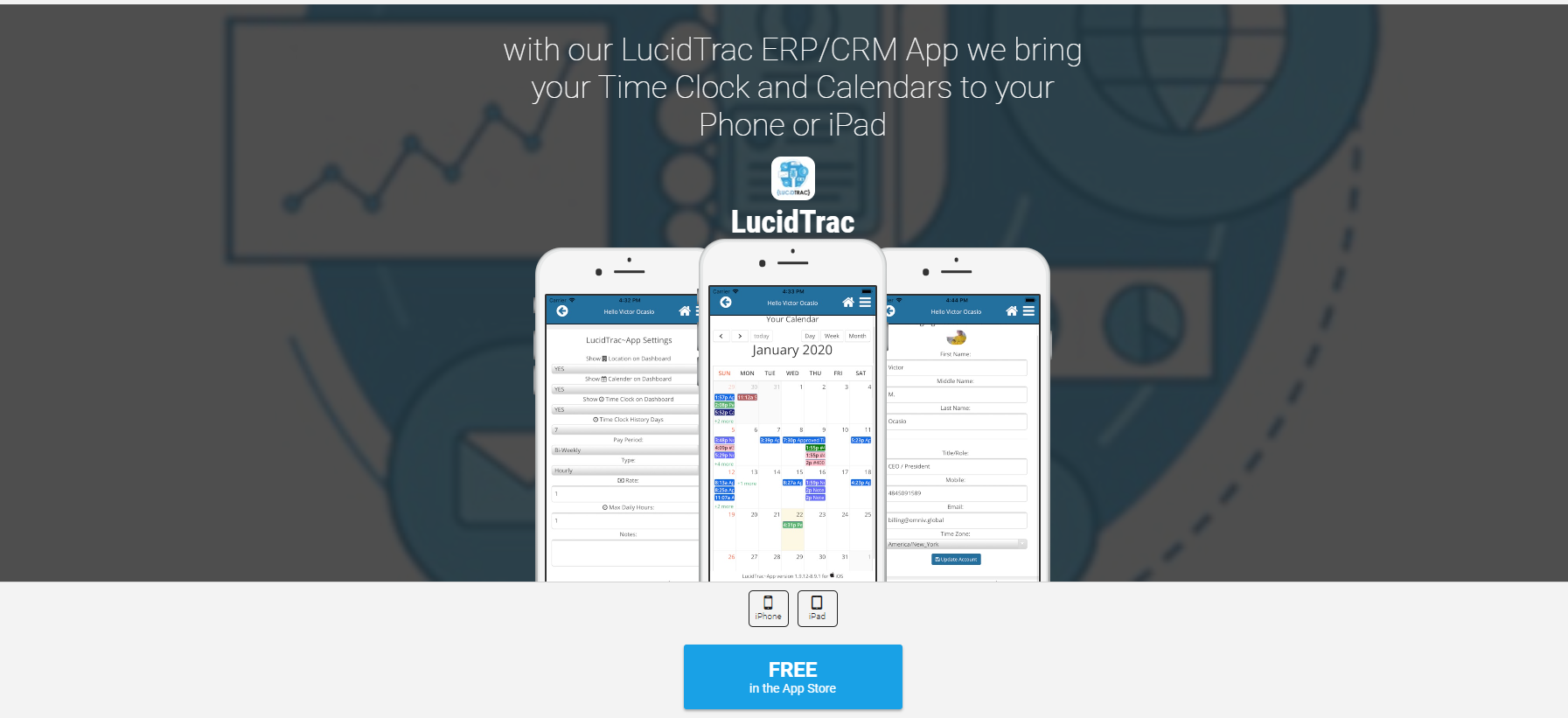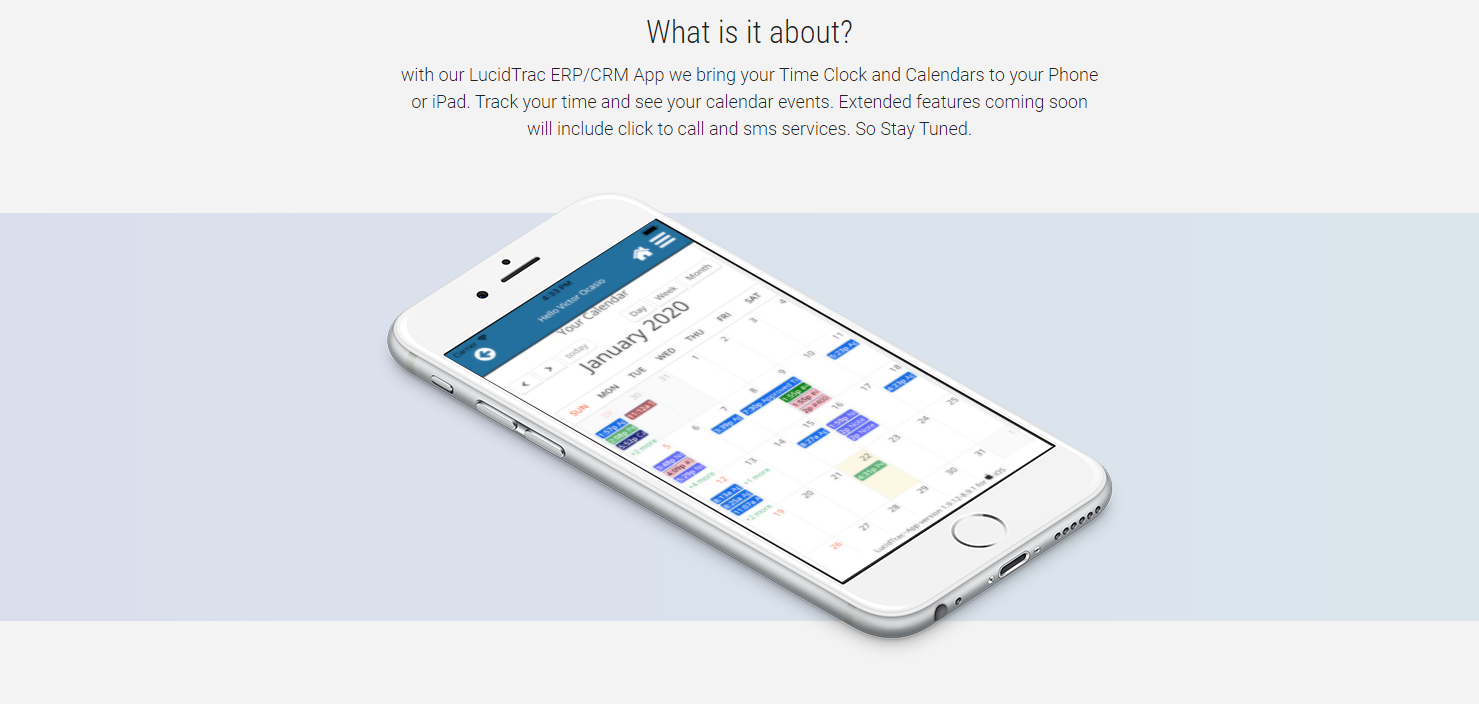3 Tips to Calculating Product Markups for Maximum Profit
Are you looking to increase your profits as a business owner or entrepreneur? One effective way to do so is by carefully calculating the markups on your products. But how do you determine the right markup amount to maximize your profits? In this post, we will share three tips to help you calculate product markups for maximum profit. Whether you are selling physical goods or offering services, these strategies can help you price your offerings in a way that is fair to your customers and lucrative for your business. Let's get started!
.png)
One of the key strategies for pricing products and services in a way that maximizes profits is calculating proper markups. By carefully determining the right markup amount, businesses can ensure that they are earning a healthy profit while still offering reasonable prices to their customers. Calculating product markups for maximum profit is an essential aspect of a successful business model, and can help businesses of all sizes and industries to thrive.
There are several different methods that businesses can use to calculate product markups, each with its own benefits and limitations. Here are three common methods for you to consider.
Cost-Plus Markup
This method involves calculating the cost of goods sold (COGS) and adding a fixed percentage on top of that amount to determine the final price. For example, if your COGS is $10 and you want to apply a 50% markup, you would set the final price at $10 + (50% x $10) = $15. This method is simple and easy to understand, but it may not always result in the highest profit margin.
Keystone Markup
Is a pricing strategy that involves setting the selling price of a product at a level that is double the cost of goods sold (COGS). This method is often used by retailers who want to earn a 50% profit margin on their products.
For example, if the COGS of a product is $10, a retailer using keystone markup would set the selling price at $10 x 2 = $20. This results in a profit margin of 50% ($10 profit / $20 selling price).
One advantage of keystone markup is that it is simple and easy to understand. It is also a commonly used pricing strategy, so customers may be familiar with it and expect to see it in certain markets.
However, there are also some drawbacks to using keystone markup. One disadvantage is that it may not always result in the highest profit margin possible. In some cases, a different markup percentage may yield a higher profit margin, depending on the COGS and market conditions. Additionally, using a high markup percentage like 100% may make your products less competitive in the market, as customers may be able to find similar products at lower prices from other sellers.
Margin Markup
Is a pricing strategy that involves calculating the desired profit margin and using it to determine the final selling price of a product or service. This method allows businesses to target a specific profit margin and adjust their prices accordingly.
To calculate margin markup, you first need to determine your cost of goods sold (COGS) and your desired profit margin. For example, let's say your COGS is $10 and you want to earn a 30% profit margin. To calculate the final selling price using margin markup, you would use the following formula:
Final selling price = COGS / (1 - desired profit margin)
Plugging in the values from our example, we get:
$10 / (1 - 0.3) = $14.28
This means that to achieve a 30% profit margin, you would need to set the selling price of your product at $14.28.
One advantage of margin markup is that it allows you to target a specific profit margin and adjust your prices accordingly. This can be especially useful if you have a specific profit goal in mind and want to ensure that you are meeting it. Additionally, margin markup can be more flexible than other methods, as you can easily adjust the desired profit margin to account for changes in COGS or market conditions.
However, there are also some drawbacks to using margin markup. One potential disadvantage is that it may result in higher prices for your customers, as you are using a markup percentage that is based on your desired profit margin rather than on the COGS alone. Additionally, margin markup may be less straightforward than other methods, as it requires calculating the final selling price using a formula.
There are several other methods for calculating product markups beyond the ones I mentioned earlier. Here are a few additional methods that businesses may use:
-
Value-based pricing: This method involves setting prices based on the perceived value of the product or service to the customer, rather than on the COGS or desired profit margin. For example, a business might charge more for a high-quality, luxury item because customers are willing to pay more for the added value. This method can be effective for businesses that offer unique or differentiated products or services, but it can be challenging to determine the right price point.
-
Competitive pricing: This method involves setting prices based on the prices of similar products or services offered by competitors. By analyzing the pricing strategies of other businesses in the market, a company can determine the right price point for its own products or services. This method can be useful for ensuring that a business remains competitive in the market, but it may not always result in the highest profits.
-
Psychological pricing: This method involves using pricing strategies that are designed to appeal to the customer's psychology and emotions. For example, a business might set prices at certain "round" numbers (e.g. $50, $100) or use odd pricing (e.g. $99.99) to make products seem like a better deal to customers. This method can be effective at influencing customer perceptions of value, but it may not always be aligned with a business's financial goals.
There is no one "right" way to calculate product markups, and the best method for your business will depend on your specific goals and circumstances. It's important to carefully consider the pros and cons of each method and choose the one that best aligns with your business objectives.
In conclusion
When pricing products and services correctly is essential for businesses to remain competitive and turn a profit. Having an understanding of how markups work means you can create prices that are both fair to customers, while also allowing your business to make the most money possible. Knowing when to raise or lower prices will also help to ensure your business remains profitable. By properly accounting for markups, businesses can make sure they never miss out on their potential earnings.
Share this Blog Post: https://lcdtrc.link/vuopu6j
In Case you Missed It - Seach by Tags!

Visit our YouTube channel at https://youtube.com for help and videos about the #LucidTrac Platform.

Introducing the #softwareKing Motivational Mobile App Section: Unleash Your Self Motivational Power
At LucidTrac ERP, we are proud to announce the launch of an exciting new section within our Mobile App: #softwareKing. Designed to inspire, empower, and uplift, #softwareKing brings you an exclusive collection of Daily Motivational Videos, curated to fuel your ambition and drive your success.
With the #softwareKing section, we believe that motivation knows no bounds. That's why we have made these inspirational videos accessible to everyone, without the need for an account or any subscription fees. Simply download our app, and immerse yourself in a world of powerful messages and transformative insights.
Compare LucidTrac to other online platforms
To help you get a better understanding of your needs by comparing LucidTrac to other online ERP / SaaS platforms.
LucidTrac offers a comprehensive solution to streamline all of your business operations.
With its fully customizable features, LucidTrac allows you to tailor the platform to meet the specific needs of your business.

Compare LucidTrac to
Zoho CRM

Compare LucidTrac to
Zendesk CRM

Compare LucidTrac to
Freshdesk CRM

Compare LucidTrac to
Salesforce CRM

Compare LucidTrac to
Monday CRM

Compare LucidTrac to
HubSpot CRM

Compare LucidTrac to
Keap CRM

Compare LucidTrac to
Sugar CRM

Compare LucidTrac to
SherpaDesk CRM
| Comparing Feature | LucidTrac | Zoho CRM | Zendesk CRM | Freshdesk CRM | Salesforce CRM | Monday CRM | HubSpot CRM | Keap CRM | Sugar CRM | SherpaDesk CRM |
| Price | $300 Unlimited Users | $49 Avg/Per User | $149 Avg/Per User | $109 Avg/Per User | $125 Avg/Per User | $99 Avg/Per User | $99 Avg/Per User | $49 Avg/Per User | $45 Avg/Per User | $49 Avg/Per User |
| Free Trial | Yes | Yes | Yes | Yes | Yes | Yes | Yes | Yes | Yes | Yes |
| Support 24/7 | Yes | Yes | No | No | No | No | No | No | No | No |
| Developer API | Yes | Yes | No | Yes | No | No | No | No | No | Yes |
| Dashboards | Yes | Yes | No | Yes | No | Yes | No | No | Yes | No |
| To-Dos | Yes | Yes | No | Yes | No | Yes | No | No | Yes | Yes |
| Products & Assets | Yes | Yes | No | Yes | No | Yes | No | No | Yes | Yes |
| User Roles | Yes | Yes | No | Yes | No | Yes | No | No | Yes | No |
| 2FA (Two-Factor Authentication) | Yes | Yes | No | Yes | No | Yes | No | No | Yes | No |
| Multi Method Importing | Yes | Yes | No | No | No | Yes | No | No | No | No |
| Documents & Templates | Yes | No | No | No | No | No | No | No | No | No |
| iOS/Android Apps | Yes | Yes | No | No | No | No | No | No | No | Yes |
| Statistics & Reporting | Yes | Yes | No | Yes | No | No | No | No | No | Yes |
| Storage | 500G Base Node | 1G | 1G | 1G | 1G | 1G | 1G | 1G | 1G | - |
| Monthly Payments | Yes | Yes | No | Yes | No | No | No | No | No | Yes |
| Campaigns | Yes | Yes | No | Yes | No | No | No | No | No | No |
| Exporting Services | Yes | Yes | Yes | Yes | No | No | Yes | No | Yes | No |
| Emailing | Yes | Yes | No | Yes | No | No | No | No | No | No |
| SMS Inbound/Outbound | Yes | Yes | No | Yes | No | No | No | No | No | No |
| Voice Calling Inbound/Outbound | Yes | Yes | No | Yes | No | No | No | No | No | No |
| IVR Services | Yes | Yes | No | Yes | No | No | No | No | No | No |
| Google Calendar/Authentication | Yes | Yes | No | Yes | No | No | No | No | No | No |
| Service Tickets / Time Tracking | Yes | Yes | No | Yes | No | No | No | No | No | Yes |
| Email to Service Ticket Services | Yes | Yes | yes | Yes | No | No | No | No | No | Yes |
| Time Clock / Payroll Exporting | Yes | No | No | No | No | No | No | No | No | No |
| Networking / IP & Host Management | Yes | No | No | No | No | No | No | No | No | No |
| Web Forms / Landing Pages | Yes | Yes | No | Yes | No | No | Yes | No | No | No |
| Invoice/Payment Collections Tools | Yes | No | No | No | No | No | No | No | No | No |
| Customized Programming | Yes | No | No | No | No | No | No | No | No | No |

Mr. Kevin Johnson
BlueSpruce Consulting Services, LLC.

Mr. Craig Stonaha
CEO Laughing Rock Technologies, LLC.
John Adams
President/CEO - RDI

Dennis Canlas
USCR
Brian Gomez
Gomez Check Cashing

Mr. Michael Graziano
Prime Time Mortgage Corp.

Mr. Nicholas Tannous
NWT Enterprises Ltd - San Juan, Trinidad and Tobago

Mrs. Cynthia Garrett
Berks ENT - Reading PA






